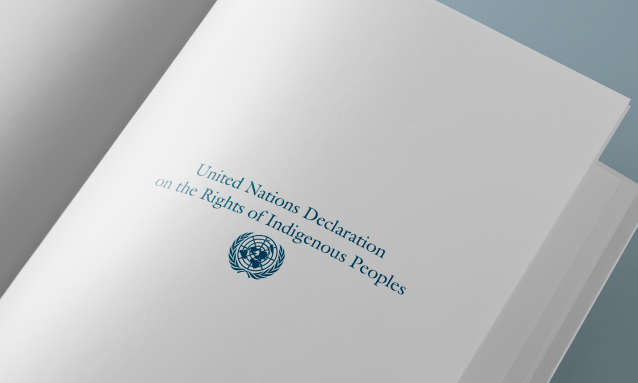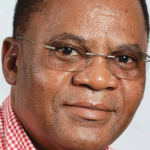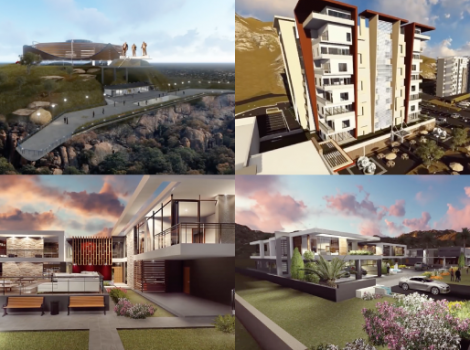
 The Minister of Local Government and Rural Development, Mr Slumber Tsogwane says Botswana supports the United Nations Declaration on the Rights of Indigenous Peoples, although it does not accept or subscribe to the concept of labelling any particular tribe or ethnic group as “Indigenous Peoples”.
The Minister of Local Government and Rural Development, Mr Slumber Tsogwane says Botswana supports the United Nations Declaration on the Rights of Indigenous Peoples, although it does not accept or subscribe to the concept of labelling any particular tribe or ethnic group as “Indigenous Peoples”.
Delivering a statement at the ongoing 16th Session of the United Nations Permanent Forum on Indigenous Issues (UNPFII) in New York, Minister Tsogwane said the country’s position is that all tribes and ethnic groups are indigenous to Botswana. The minister further indicated that because Botswana recognises that some communities spread across the country are disadvantaged and marginalised, they deserve special attention.
“To this end, the government of Botswana has developed policies and programs tailored towards the needs of Remote Area Communities, covering areas such as land allocation, education and economic empowerment,” he said.
Mr Tsogwane also said that all Batswana are equal before the law and that the country is against all forms of discrimination, including on the basis of colour, race, ethnicity, religion, gender or social status.
Mr Tsogwane also told the forum that through the declaration of the “Affirmative Action Framework for Remote Area Communities”, the government continues uplifting the livelihood and wellbeing of Botswana’s marginalised Communities.
“The implementation of the Declaration is based on our democratic setup and processes which provide all citizens of Botswana with a conducive environment devoid of infringements of their rights,” he said.
He said the objectives of the framework include the provision of infrastructure in the recognised remote area settlements and enabling those communities to participate and benefit from the country’s socio-economic developments.
He said the government through affirmative action enables remote area communities to build sustainable livelihoods and promotes self-reliance and sustainable utilisation of natural resources. Additionally, he said remote area communities’ are granted easy access to social services, poverty eradication initiatives and other national development programs.
Mr Tsogwane said the government has a program aimed at empowering local communities to utilise land and the natural resources in their areas for economic gain as well as cultural enrichment.
“The local communities are assisted to establish Community Based Natural Resources and Community Based Organisations carry out income generating activities to uplift their livelihoods and create employment,” he said.
He explained that the two initiatives that benefit remote area communities include the Tsodilo Community Initiative, which conforms to the UNESCO/World Heritage Committee’s stipulation that communities living in and around World Heritage Sites should benefit.
The project in the buffer area of Tsodilo World Heritage site provides water to the community, water for livestock, a craft centre and campsite, which has trained and employed young people.
The other initiative is the Okavango World Heritage Site that is in line with the decision of the 39th Session of the World Heritage Committee held in Bonn Germany in 2015 which recommended the expansion and strengthening of programs to accommodate the use of traditional resources for the upliftment of livelihoods, the promotion of access rights, cultural rights and participation by local communities in the tourism sector.
Mr Tsogwane further said Botswana reaffirms its commitment to the implementation of the six mandated areas of the Permanent Forum.
Reference: BOPA




I would like to thank you for the efforts you have put in writing this blog. Actually your creative writing skills has encouraged me to get my own website now. Actually the blogging is spreading its wings quickly. Your write up is a great example of it.